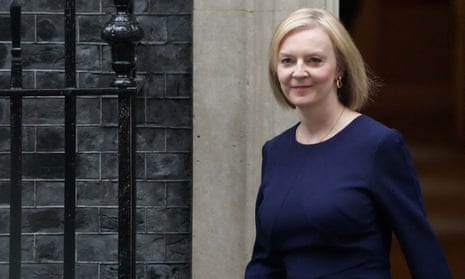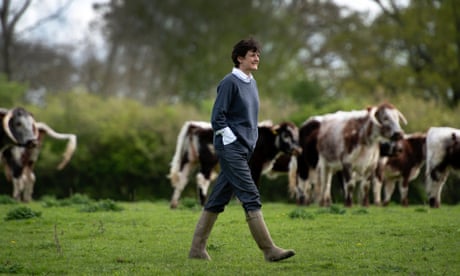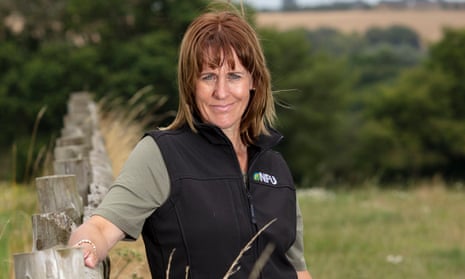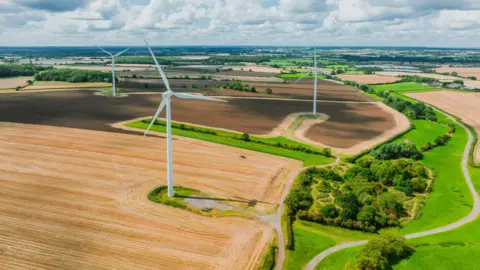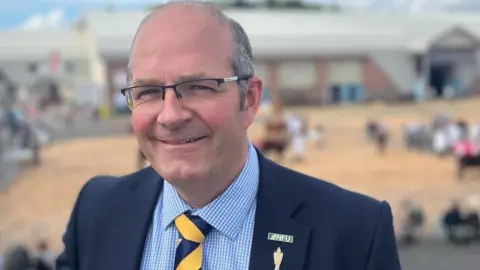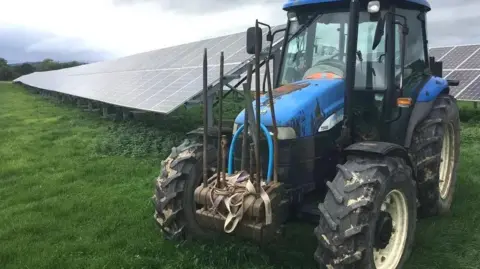NATIONAL FARMERS UNION OF CANADA
Reading Worth Sharing during COVID-19
NFU members are deep thinkers and great writers. This email highlights some of their work as well as insightful writing from the NFU office.
The NFU continues to speak on your behalf on daily update calls with the AAFC Minister's office. We are providing information about Federal programs as they are made available. And -- we continually publish op eds, media releases and other documents to help both the farming community and the general public understand the critical need for a strong farming sector and local and regional food systems that focus on food sovereignty.
Contents
*|MC:TOC|*
Coronavirus: Another layer of anxiety for farmers
In an article in the Journal Pioneer, NFU-PEI District Director, Douglas Campbell,
"challenges all Islanders to think of ways to engage government and others. We need to stop the viral threat of the industrial model of agriculture to farmers and to the land. Let’s stop saying, “when we get back to normal …” The normal is pretty disastrous for farmers and the land. We can do better than the ‘normal’. Let’s find new ways together."We extend that challenge across the country. Thank you, Doug, for your strong writing that captures the unease of farmers "trying to produce food within an impossible model."
You can read all of Douglas Campbell's article here. It is good reading and a strong call to action!
Food and Agriculture – Lessons from the Pandemic
The emergence of viruses in intensive livestock operations over the last 40 years is detailed by NFU member Jean-Eudes Chiasson in his insightful piece published in Acadie Nouvelle presented here.
NFU's Jean-Eudes seeks to:
Jean-Eudes Chiasson, Vice-President of “Ferme Terre Partagée”"raise awareness at this point when quarantine is required, as so many of us have more time to read, to inform ourselves, to consult computerized databases available at our fingertips in order to ask questions about the food system, to discover its mechanisms, and to begin to reflect about the foods we eat, their composition, and where they come from.
Let’s also take this opportunity to think about the use of crop protection products, about their effects on consumers, about the people tasked with applying them, about the composition of fertilizers, their health impacts, as well as on animal health, about soil degradation and, on a broader scale, about everyone’s health.It is just as important to ask ourselves about methods of production, how animals are treated, and about the farmer’s income so as to subsequently define what we really wish for: how should the food on our plates be produced and who should be the players at the base of our food chain. Let us not forget either to take a serious look at the effects of our food system on the climate.
This article was originally printed in French in Acadie Nouvelle. Read it in French here. Thanks to Ronald Fournier for the professional translation.
Letter to Ag Minister – NFU request for AgriStablity program changes
NFU VP-Operations Stewart Wells calls on AAFC Minister Bibeau to make changes to AgriStability in this letter. As Stewart says, "Returning to a 15% margin loss trigger and reference margin cap are improvements that can be accomplished and implemented quickly..."
Cuts to physician funding devastating for rural Alberta
NFU VP-Policy Glenn Norman issued this media release highlighting that rural family practices will lose their doctors under Alberta's April 1 funding cuts. Indeed, doctors are also speaking out about this looming crisis in this CTV news coverage.
In the News
NFU members are in the news while Canada (and the world) wakes up to learn how our food system works. Eaters everywhere are filled with renewed gratitude for farmers who grow/raise/produce the food and a desire to support their local & regional food systems.
Here are just a few of the recent highlights.
CBC story on "the next TP": locally grown seeds, which are critical for seed and food sovereignty. NFU seed farmers, Greta Kryger, Manish Kushwaha, Katherine Rothermel and Annie Richard share the crunch they are under to keep up with orders. (Nice NFU ballcap, Annie!)You can follow more news updates on the National Farmers Union (Canada) Facebook group. You'll be asked a few questions before you can join so we aren't plagued by spammers and trolls.
The National Observer interviews smaller-scale farmers from across the country re: COVID & Canada's food system. NFU-O's Sarah Bakker speaks hopefully from her farm: “I feel like we're going to come out of this in a new world.” "“I want to talk about making people able to afford food, not making food affordable.”
An Ottawa Citizen story covers the uncertainty felt by Ottawa direct-to-market farmers as they lose their restaurant contracts. NFU Youth President Stuart Oke works to have Ottawa-area farmers markets opened and the NFU sends a letter calling for OMAFRA's help to support all farmers markets as they face COVID.










